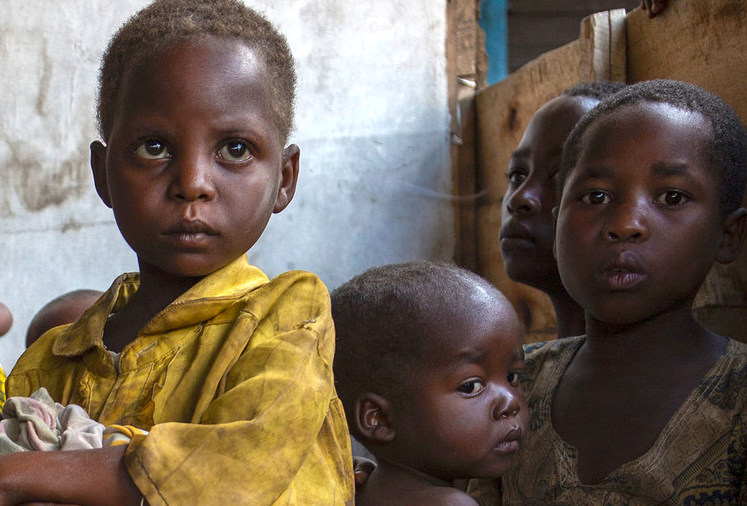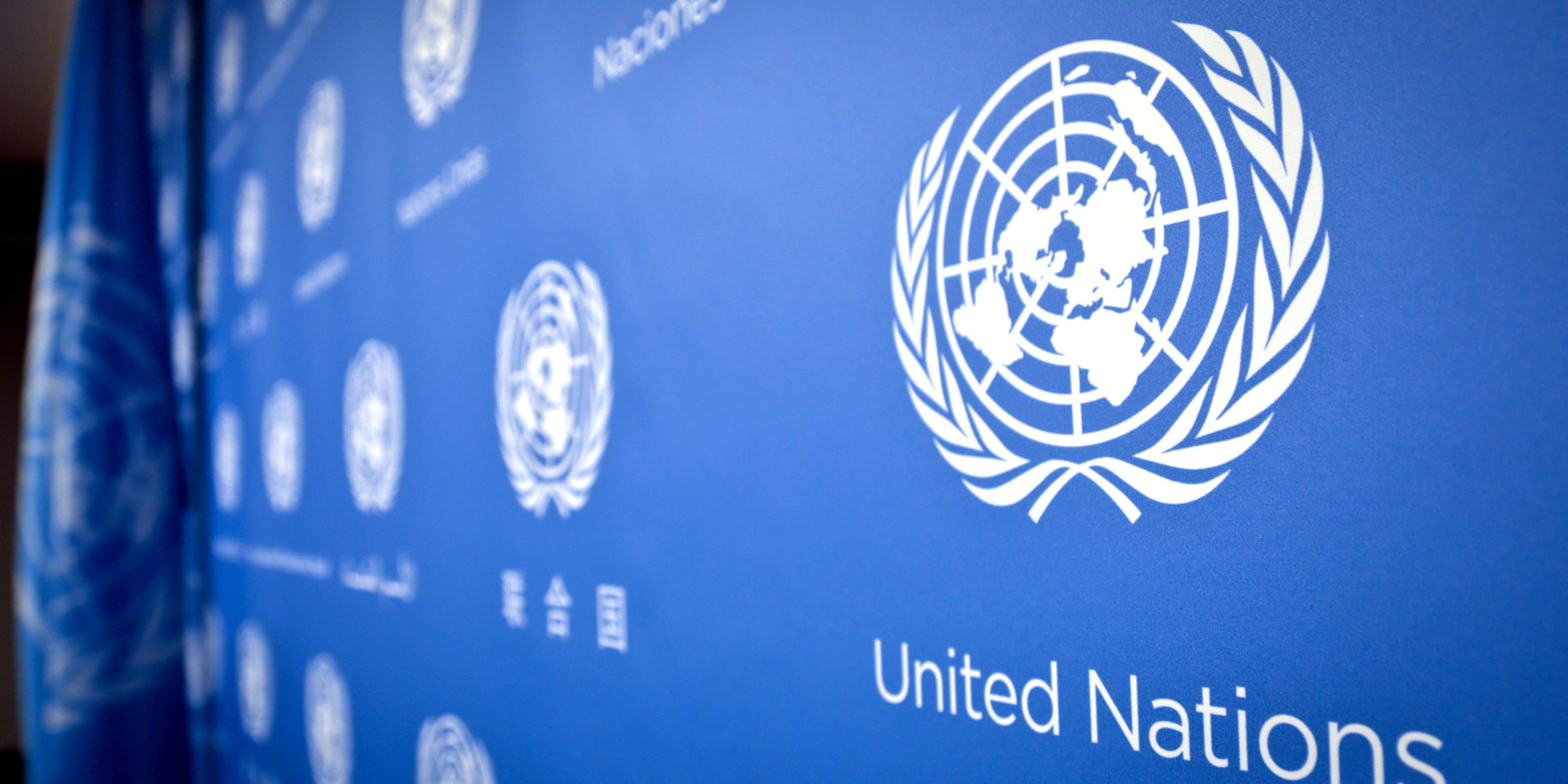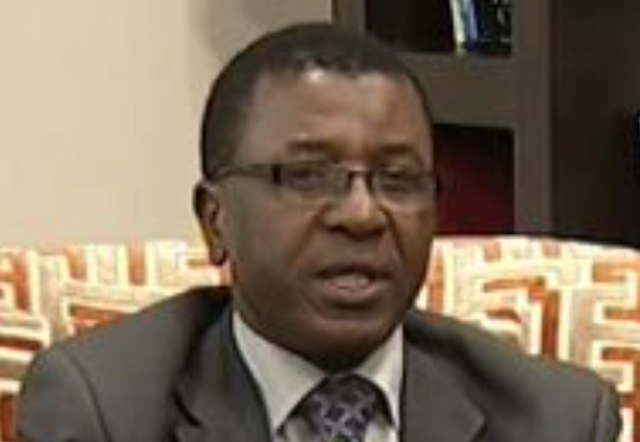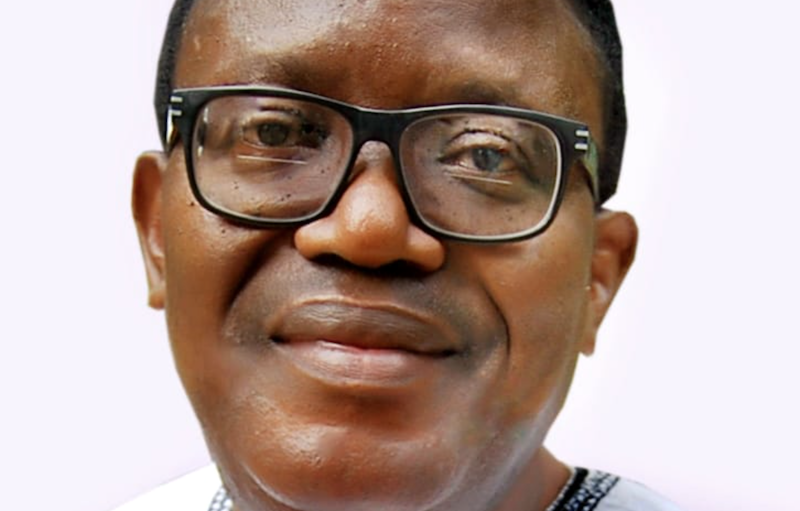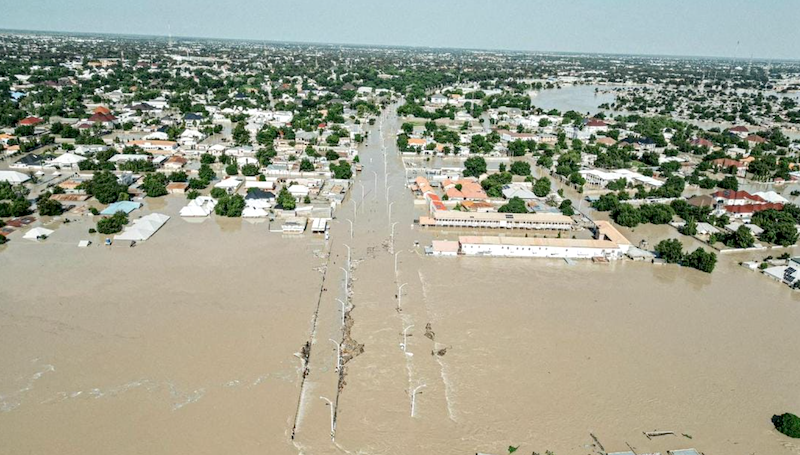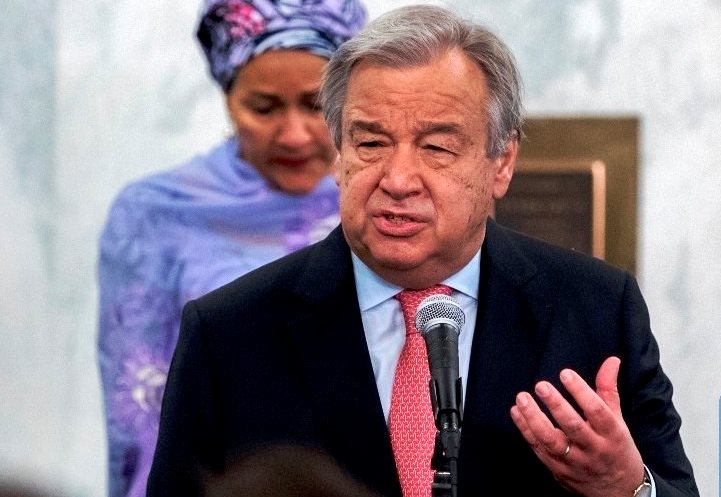Formally founded on April 7, 1948, under the United Nations to promote international healthcare and improve access to essential medicines and health products worldwide, the World Health Organization (WHO) has enjoyed decades of success and global recognition. As an arm of the United Nations, the WHO is tasked with educating, advising, and establishing health and disease prevention programs worldwide.
Unfortunately, the WHO has faced criticism for being influenced by a narrow Western ideological perspective, prioritizing the funding and promotion of controversial issues such as vaccines causing infertility, LGBT rights, abortion, population control, teen sexual rights, teen masturbation, and transgender rights in Nigeria and other African countries. To achieve these objectives, the WHO receives significant funding from pro-LGBT and pro-abortion organizations, such as the Bill and Melinda Gates Foundation, the United Nations Population Fund (UNFPA), the Global Fund to Fight AIDS, Tuberculosis and Malaria, the Ford Foundation, the Open Society Foundations, Marie Stopes International, Rutgers, and the International Planned Parenthood Federation. These organizations provide the WHO with specific funding, directing its work toward their intended purposes. Consequently, the views of the vast majority of countries have very little impact on the actual operations of the WHO, leading to a clear erosion of national sovereignty.
Shockingly, the WHO has funded the Federal Ministry of Health in Abuja, Nigeria, to issue and enforce the Guidelines on Self-Care for Sexual Reproductive and Maternal Health 2020 and the National Guidelines on Safe Termination of Pregnancy, in violation of sections 17(3)(f)(g), 21(a), 23, 33(1), 37, 38, and 45(1) of the 1999 Nigerian Constitution; Articles 2, 3, 4, 5, 8, 17, 18, 28, and 29 of the African Charter on Human and Peoples’ Rights (Ratification Enforcement) Act, CAP 10; the Preamble to the 1990 Convention on the Rights of the Child (CRC) (ratified and adopted by Nigeria); sections 228, 229, 230, 297, 309, and 328 of the Criminal Code Act, CAP C38 (and their equivalent provisions in the Penal Code); and sections 1, 2, 3, 4, and 17 of the Child Rights Act 2003 (as amended). It beats the imagination that the WHO could conspire with the Federal Ministry of Health, Abuja to violate Nigerian laws?. What this has shown is that the WHO and most of these foreign NGOs and organizations working in Nigeria care no hoot about respecting our laws. What many of them are after is to conspire with some Nigerians to decapitate our human capital.
The WHO in particular has shown itself to be a big nuisance on Nigerian soil. It is on record that the WHO’s vaccination in Nigeria is unsafe and deadly. A couple of months ago, the Global Prolife Alliance (GPA) petitioned the Senate President, Dr. Godswill Akpabio, concerning the recent introduction by WHO of routine malaria vaccination in Nigeria and other African countries. The group noted that the WHO endorsed the first vaccine based on the initial two years of a four-year pilot study, raising concerns about the transparency of the WHO regarding the vaccine’s safety. According to the group, “recent data from clinical trials associated the vaccine with increased risks, including an elevated risk of clinical malaria after four years, a tenfold increased risk of cerebral meningitis, an increased risk of cerebral malaria, and a higher risk of death, especially among female children.” Consequently, the group warns that a precautionary approach should be taken to ensure safety and the strict observance of ethical standards related to parental informed consent in accordance with the 2014 WHO Policy Document.
It should be recalled that at the height of the ravaging COVID-19 pandemic, the WHO endorsed policies such as lockdowns that had been previously acknowledged by the WHO itself to cause significant collateral harm, disproportionately affecting low-income populations and countries in Africa. The lockdown regulations were a class-based and unscientific instrument, disproportionately harmful to lower-income people and useless for crowded informal settings, such as in urban parts of Africa. At the same time, African governments were subjected to intense pressure to merely adhere to protocols formulated outside the continent, disregarding their demographic, economic, and climatic contexts. This rendered them powerless on public health matters in their own jurisdictions, which was tantamount to eroding their health sovereignty with predictable and harmful consequences. The same WHO discouraged the use of affordable repurposed drugs while promoting new drugs under Emergency Use Authorization (EUA) during the COVID-19 pandemic. The WHO also promoted mass and often mandatory vaccination against COVID-19 for African populations, known to be at very low risk due to their young age and existing immunity, thereby diverting resources from malaria, tuberculosis, HIV/AIDS, and other urgent health problems on the continent, and violating the right to informed consent.
The WHO funds the radical sexualization of Nigerian school pupils. For example, in 2016, the WHO’s European office issued standards for Comprehensive Sexuality Education that deemed “the right to explore gender identities” appropriate for children aged 0-4 years and the right of children to have sex. School pupils in open classrooms are required to touch each other’s genitals, saying, “I like you.” The pupils are also expected to touch each other’s private parts and find out the differences in their respective private parts. Under the Youth Peer Sexuality Education Training Guide/Toolkit, funded by the WHO and used in many public secondary schools in Nigeria, the students are told to share with other students with whom they feel more comfortable things like: “Your sexual fantasies (fantasies),” “Your feelings about oral sex (oral),” “Whether you enjoy erotic material (X),” “Whether you have fantasized about a homosexual relationship (gay-fan),” “Whether you have had a homosexual relationship (gay-exp).”
But the most feared and worrisome issue is the WHO’s Pandemic Treaty. At the moment, widespread opposition is being fueled by growing suspicion that the proposed Pandemic Treaty and the modification of International Health Regulations, which would be deliberated on at the ongoing 79th United Nations General Assembly would give the WHO unnecessary powers to dictate and impose obnoxious health policies on nations. Under the WHO’s Pandemic Treaty, the WHO would be empowered to tell countries to lock down and close businesses, schools, pubs, churches, and mosques. We would be forced to take injections, whether we want to or not. We would be forced to wear masks again. We would be forced to do whatever the WHO tells us to do, including restricting our personal liberties. This is why some countries opposed to the proposed Pandemic Treaty are rebelling at the moment. For example, massive rallies are occurring in Japan, with tens of thousands of citizens taking to the streets protesting Japanese ratification of the upcoming WHO’s Pandemic Agreement and the proposed modifications to International Health Regulations.
It is gladdening that Africa is opposed to the proposed Pandemic Treaty. For example, the Pan-African Epidemic and Pandemic Working Group, a network of senior African academics from a variety of disciplines committed to advocating for sound public health policies at the national, regional, and global levels, has recently alerted the African Union to table a motion to postpone the votes for the draft WHO Pandemic Treaty and amendments to the International Health Regulations (IHR). According to this group, these instruments are designed to provide the WHO with new and greater powers. More specifically, they would give the WHO Director-General the authority to personally declare a public health emergency of international concern and thereafter exercise unprecedented sweeping powers over all state parties to the proposed instruments. The Pandemic amendment will pave the way for the WHO to take over jurisdiction of everything in the world under the pretext that climate change, animals, plants, water systems, and ecosystems are all central to health. In addition to that, it will remove human rights protections, enforce censorship and digital passports, require governments to push a single ‘official’ narrative, and enable the WHO to declare ‘pandemics’ on its whims and caprices.
As the 79th United Nations General Assembly trudges on at the United Nations Headquarters in New York, we urge Nigeria and other African countries to ensure that they do not by any stretch of imagination cede their sovereignty to the United Nations and the WHO. They should desist from assenting to the proposed WHO’s Pandemic Treaty. African countries must not sell their sovereignties to the globalists who are bent on erecting a global one-world government which should be controlling all the countries in the world. Before the leaders begin addressing the General Assembly on Tuesday next week, a two-day Summit of the Future will be held this weekend, that is, from September. 22-23. Already, the U.N. member states are currently negotiating three documents they hope to adopt on September 22 – a pact for the future, a declaration on future generations and a global digital compact. The U.N. Secretary-General Antonio Guterres has said it was “absolutely essential” to ambitiously use the summit to come up with “adequate governance for the world of today.”
What sort of “governance” was Guterres alluding to? A “one-world governance”, of course. Therefore Nigeria and other African countries must ensure that the rights of African countries are affirmed and respected so that African countries will freely participate at the General Assembly without any subtle coercion to compromise their identity and cultural heritage. Certainly, the sexualization of school pupils is antithetical to African cultural heritage and philosophical convictions. LGBT is illegal in Nigeria and many African countries. LGBT has no respect for the religious and philosophical convictions of the African people and therefore cannot be imported into Africa. Laws are made in consonance with the values of a people. Every country is interested in protecting what it holds dear or its cherished values. LGBT is a complete break with African civilization.
African leaders should table a motion at the General Assembly to halt the process of enacting the draft Pandemic Treaty and the Amendments to the International Health Regulations by the WHO. African leaders should facilitate a transparent and accountable review of the role of Western-based international governmental and non-governmental health entities in the WHO’s operations and policies. Such a review must ensure the full participation of African countries. The WHO, which is heavily-funded and masterminded by organizations such as the Bill and Melinda Gates Foundation, United Nations Population Fund (UNFPA), Global Fund to Fight AIDS, Tuberculosis and Malaria, Ford Foundation, Open Society Foundations, Marie Stopes International, Rutgers, and International Planned Parenthood Federation, boasts that it would dismantle all legal, religious and cultural and philosophical principles in Nigeria to pave way for its totalitarian onslaught in Nigeria.
It is obvious that the WHO Pandemic Agreement and Amendments to the IHR, if signed in their current form by the requisite WHO member states will pave the way for the withdrawal of health sovereignty and economic sovereignty from African state
This is completely unacceptable. Nigeria is a sovereign country. So, we have a right as a sovereign nation to decide for ourselves what is good for us. We have a right to reject anything which compromises our territorial sovereignty. Neither the UN nor WHO has a right to interfere in the way we run our country or enact our laws. Only our National Assembly is empowered by virtue of section 4(1) (2) of the 1999 Constitution to make laws that conform to the aspiration of the Nigerian people.
Certainly the UN or WHO lacks the locus standi to dictate to Nigeria and other African countries the way and manner they should run their countries. A people without identity are a people without existence. We have our identity. The UN and WHO cannot redefine who we are as a people. We cannot be copying hook line and sinker abrasive foreign lifestyles and imposing them on our people. To hell with a “one-world government” concocted by the United Nations and the WHO that would result in annulling the territorial sovereignty of independent countries especially Nigeria and other African countries.
